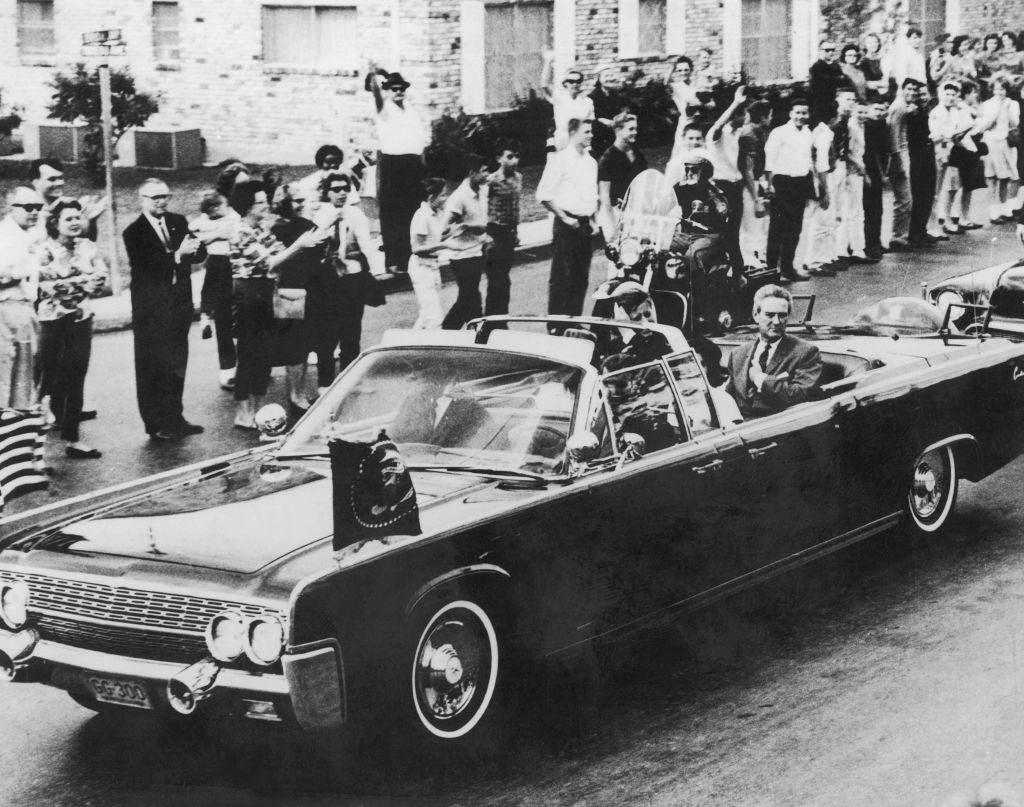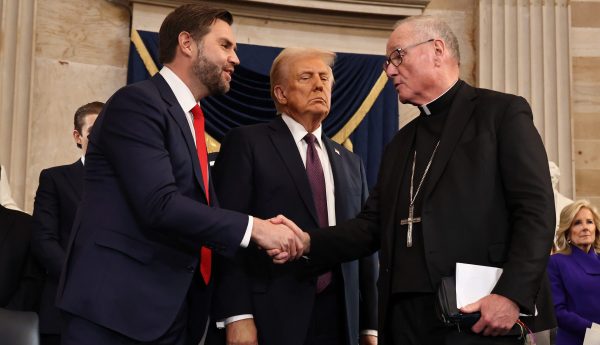President Donald Trump issued an executive order on January 23 to declassify records related to the assassinations of President John F. Kennedy, former Sen. Robert F. Kennedy, and Martin Luther King Jr. The files are not yet available, but that hasn’t stopped social media users from airing alleged new details supposedly included in those records.
“The truth is even darker than we thought,” one Facebook user posted, as part of a screed nearly 1,000 words long. “On January 30, 2025, new intelligence leaks have blown the lid on what we thought we knew about the JFK assassination. The released documents don’t just reveal more about the cover-up—they confirm that we were dealing with a full-scale military intelligence coup, involving forces far beyond what ordinary historians are willing to acknowledge.”
The user then went on to explain that the “leaked files of 2025” prove that President Kennedy made secret executive actions to “dissolve” the Federal Reserve, which led to his “calculated execution” by government operatives unhappy with a president that “no longer followed their rules.” “One of the most damning documents unearthed in the latest declassification dump,” the user wrote, is an alleged Federal Reserve memo from 1963 warning that Kennedy’s decision would come with “economic destabilization risks.” He added, “Weeks later, JFK was dead.”
Whatever might be in the records remains to be seen, but social media posts claiming to be describing their contents are false. Trump’s executive order did not release the records immediately, but instructed the director of national intelligence (DNI) and attorney general to “present a plan” within 15 days to coordinate the declassification of the JFK files, and within 45 days for the files related to the RFK and MLK assassinations. There has also been no unauthorized and publicized “leaks” of the files to date, and none confirming the details in this user’s post. Kennedy made no move to shutter the Federal Reserve, and there is no evidence to suggest the alleged Federal Reserve memo existed.
As Trump signed the executive order on January 23, that leaves until February 7 for a declassification plan to be presented. However, that is not the day the files are ordered to be released—in fact, the order set no deadline for when the records must be made publicly available. And even the 15-day deadline for the plan could be pushed back or amended: Trump’s nominees for both DNI and attorney general—former Democratic Rep. Tulsi Gabbard and former Florida Attorney General Pam Bondi, respectively—have yet to reach a Senate confirmation vote.
In 1992, Congress passed a federal law permitting files pertaining to Kennedy’s assassination to be publicly released in 2017. That year, the first year of Trump’s first presidential term, Trump began releasing some of the files to the public, while placing others under further review. Ultimately, Trump made more of those documents publicly available in 2018, but did not declassify them all. Similarly, former President Joe Biden released batches of the files in both 2022 and 2023 but declined to make all remaining classified JFK files public. Now, Trump’s executive order will oversee the “full and complete release of these records”—just not immediately.
If you have a claim you would like to see us fact check, please send us an email at factcheck@thedispatch.com. If you would like to suggest a correction to this piece or any other Dispatch article, please email corrections@thedispatch.com.










Please note that we at The Dispatch hold ourselves, our work, and our commenters to a higher standard than other places on the internet. We welcome comments that foster genuine debate or discussion—including comments critical of us or our work—but responses that include ad hominem attacks on fellow Dispatch members or are intended to stoke fear and anger may be moderated.
With your membership, you only have the ability to comment on The Morning Dispatch articles. Consider upgrading to join the conversation everywhere.